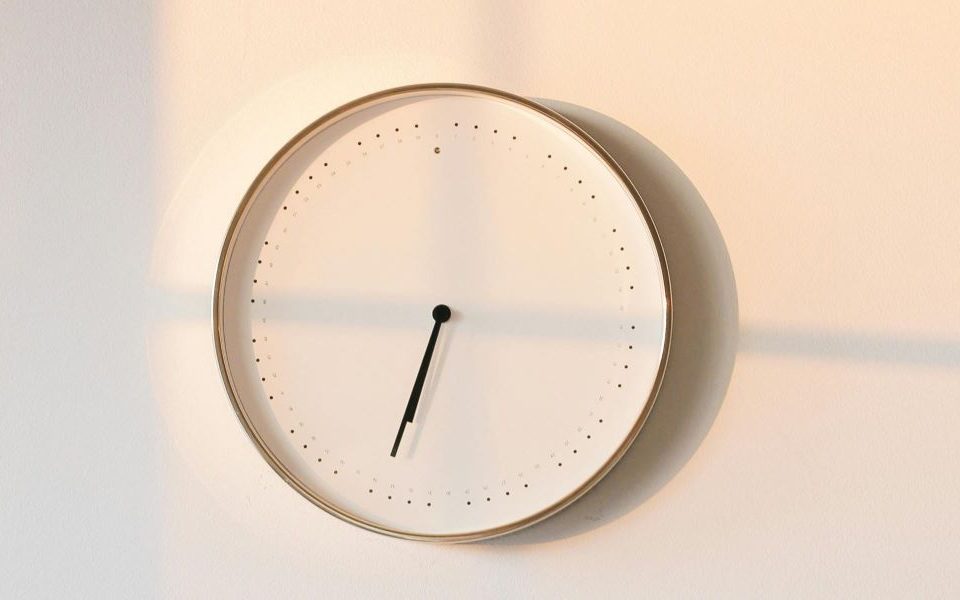
Back to School and Sleep
August 13, 2020
Stress Reduction and Sleep
September 25, 2020Many people know that sleep tends to change as we age. Not only do we see declines in total sleep time as we age, but we also see changes in the architecture of sleep, so that the sleep is more fragmented (as in: more interruptions to sleep) and we spend less time in deep sleep and REM sleep than younger people.
Ye gads, that stinks, you say?!
Yeah, it does.
But that’s not all.
Sleeping too much or too little has been found to be associated with declines in cognitive functioning later in life. One study found that women and men who begin sleeping less than 6 to 8 hours per night exhibit accelerated cognitive decline akin to four to seven years of aging. Another longitudinal study found that in a group of older adults, longer time falling asleep and sleeping longer during the day were associated with declines in areas of cognitive functioning, such as processing speed, verbal memory and visuospatial reasoning. (Quick caveat: in these studies they are discussing normal cognitive aging, not dementia. These are two different constructs).
So what’s an aging adult to do?
Most research suggests that 7 hours per night is associated with the best outcomes. But keep in mind, everyone’s sleep needs are slightly different, so you are better off comparing your current sleep needs to your past. Is it demonstrably different? If you’re sleeping less than you used to, you may want to expand your opportunity to sleep to ensure you get a bit more. It may take a bit for your body to adjust, but if you stick to a routine schedule, your body will acclimate to the sleep window you give it. Try not to expand your window by more than 15-minute increments per week and you should be fine.
Also make sure you review your daytime habits as you age. How’s your caffeine intake? Cut it off at 12 noon, ideally, and don’t drink more than 2 cups per day. Read my post on the impact of caffeine on our body to learn more. When are you eating your meals? Mealtimes can impact sleep, as they are tied into our body’s biological clock. If your mealtimes have become inconsistent, this may be a contributor.
If you’re reading this and you are not yet an aging adult, there’s much you can do to prevent the impact of sleep changes on cognitive functioning. Per this review the key is to maintain good sleep quality in your younger and middle years, which can buffer against age-related cognitive declines.
Drop me a line if you are worried about your sleep. We can schedule a call to determine ways to get your sleep back on track.




